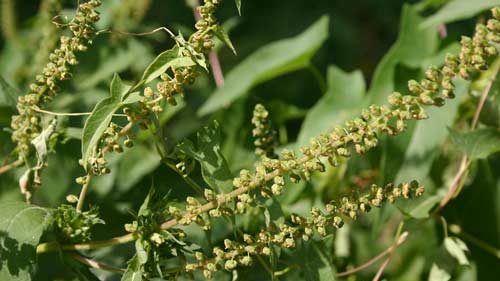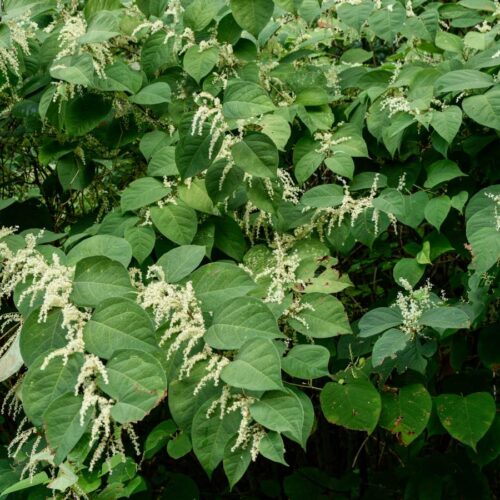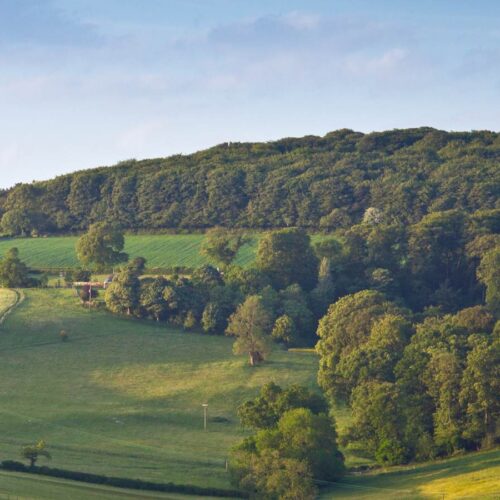We are used to hearing about how climate change and global warming are leading to rising sea levels, warming oceans and retreating glaciers, but did you know that it may also cause a rise in hay fever?!
The change in climate may lead to an increase in ragweed (Ambrosia artemisiifolia) – a highly allergenic plant, which originates from North America. The plant blooms and produces a fine powdery pollen, causing allergic reactions with hay fever symptoms. A single plant can produce a billion grains of pollen per season!
It has been predicted that the number of people affected by ragweed pollen is likely to more than double in Europe from 33 to 77 million people by 2050.
Ragweed is also a threat to agriculture as a weed, reducing crop productivity. Weeds such as ragweed aggressively compete for water, nutrients and sunlight, resulting in reduced crop yield and poor crop quality.
Climate change is believed to be responsible for two thirds of this increase, with changes in temperature leading it to spread further north, including central UK and Ireland, and southern Scandinavia.
Recent studies advise that eradicating or restricting the spread of ragweed from Northern Europe must be a managed priority to avoid ragweed’s potential to further impact agriculture and public health.
Image: Sue Sweeney











